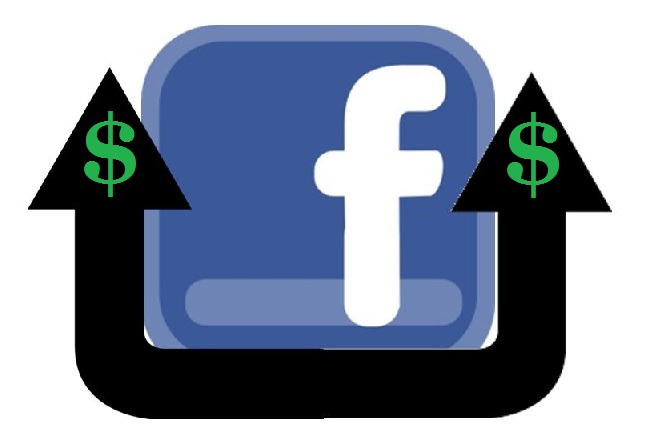This allows card readers at a point of sale to be entirely replaced by the smartphone.
Flint, a mobile payment solutions company, has taken on massive competition, such as PayPal and Square, by releasing its new app that eliminates the need for magnetic card readers, in favor of a unique new system that uses the camera on iPhones for image recognition.
The Flint app applies new algorithms for reading the numbers right off the face of a card.
With the mobile payments data collected through the device camera, a transaction can be immediately completed. The CEO of Flint, Greg Goldfarb, explained that “It doesn’t take a picture of the card.” Instead, it uses the camera feature and “It just reads the numbers, and we do that to protect consumer privacy.”
The mobile payments system has been receiving a great deal of attention and applause, particularly for a newbie.
As a first time app developer, it is the recipient of a tremendous amount of positive attention. This is due to the unique tack that it has taken in the development of its mobile payments system and the marketing efforts that it has made to encourage adoption and use. For instance, it allows users to link an account to the Facebook page for their business. This gives customers who have made a purchase the opportunity to create testimonials that will be posted directly onto that page, as well as on their own social network wall.
At the moment, the app is exclusive only to iOS devices. Many in the mobile payments industry are keeping a close watch on this new addition to the marketplace, as they are keen to see how it stands up against a competition that is made up of some well established giants in the transaction domain.
So far, it is receiving positive attention due to its ability to quickly process mobile payments. Retailers like that a dongle is not required in order to make it work, and the free app allows them to begin accepting payments very soon after downloading. However, the primary drawback that has been pointed out is that it currently feels as though it is a step slower than the old fashioned method of swiping a card through a traditional reader.

 The leading social media network has increased its advertising spending limit twice over.
The leading social media network has increased its advertising spending limit twice over.